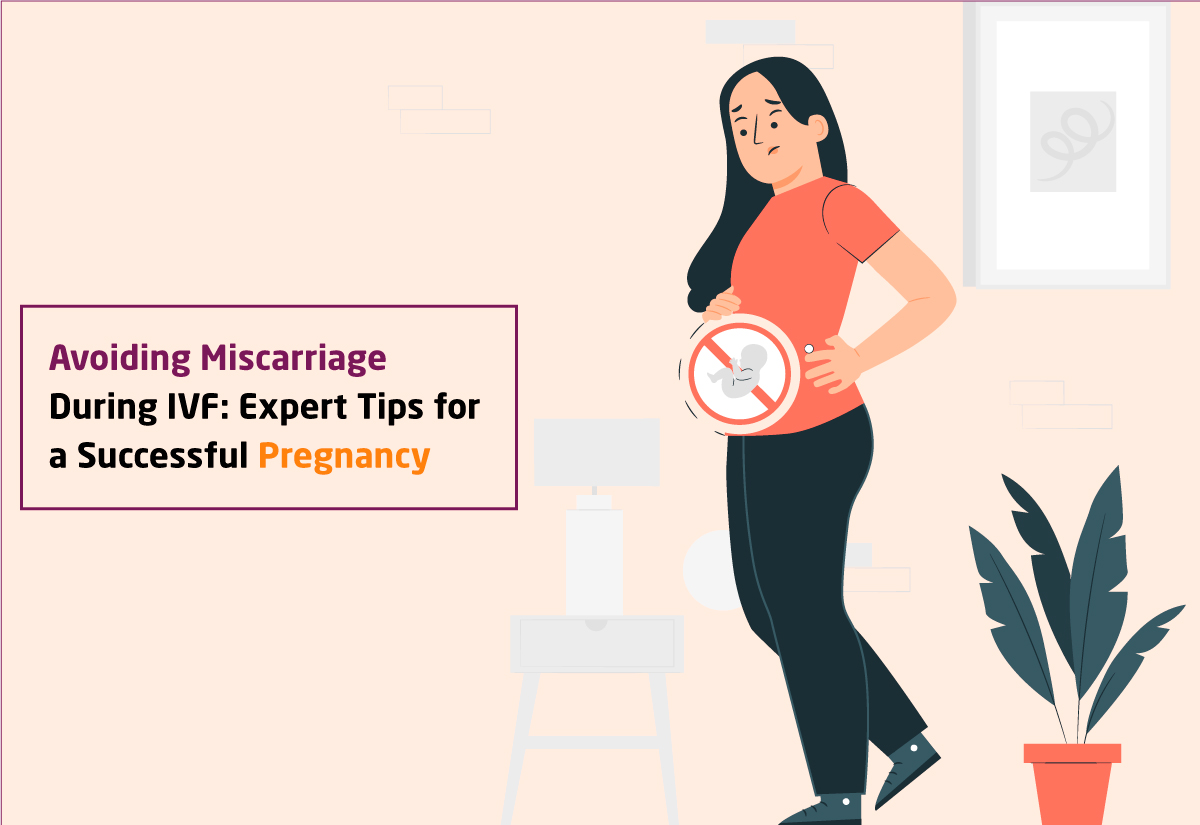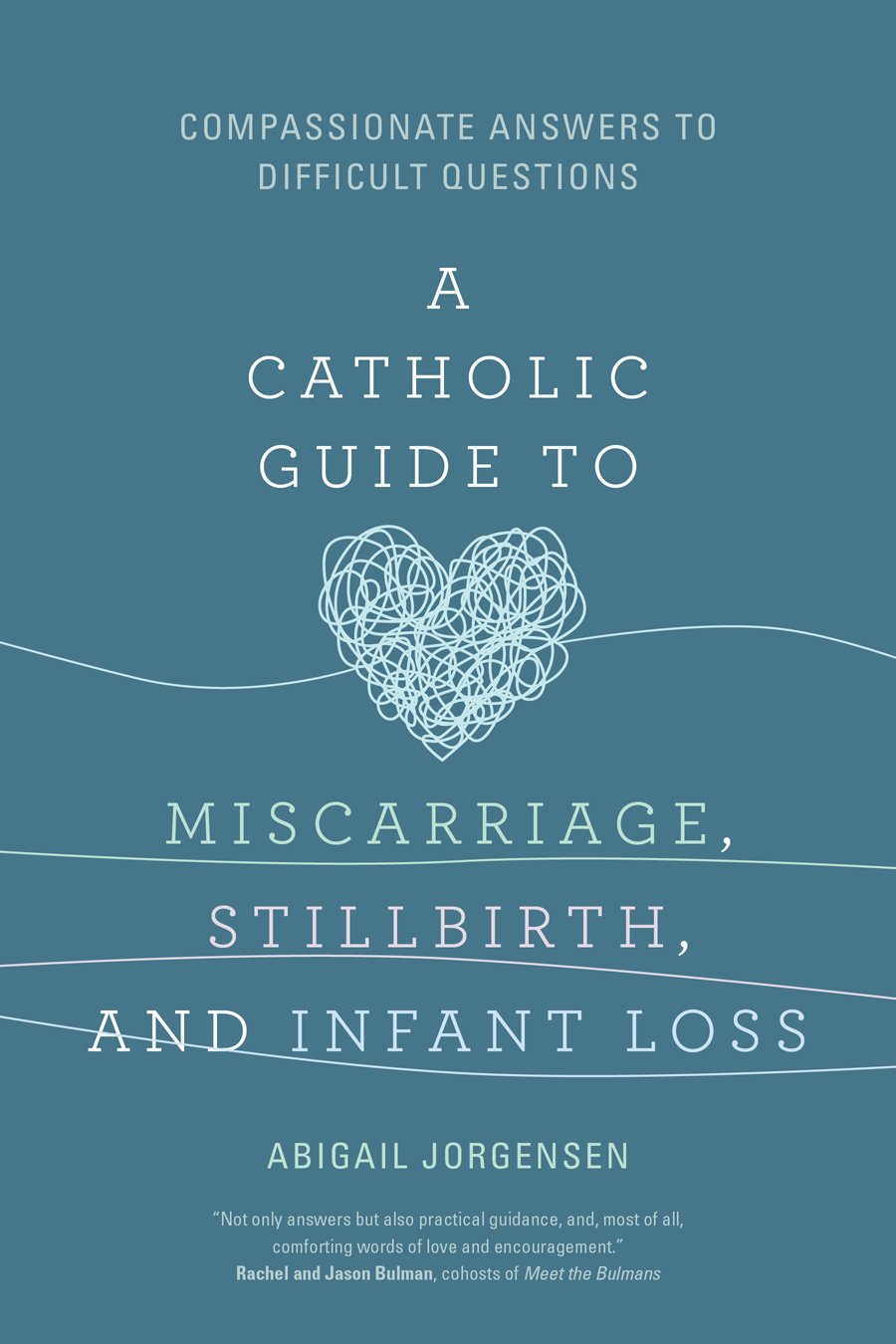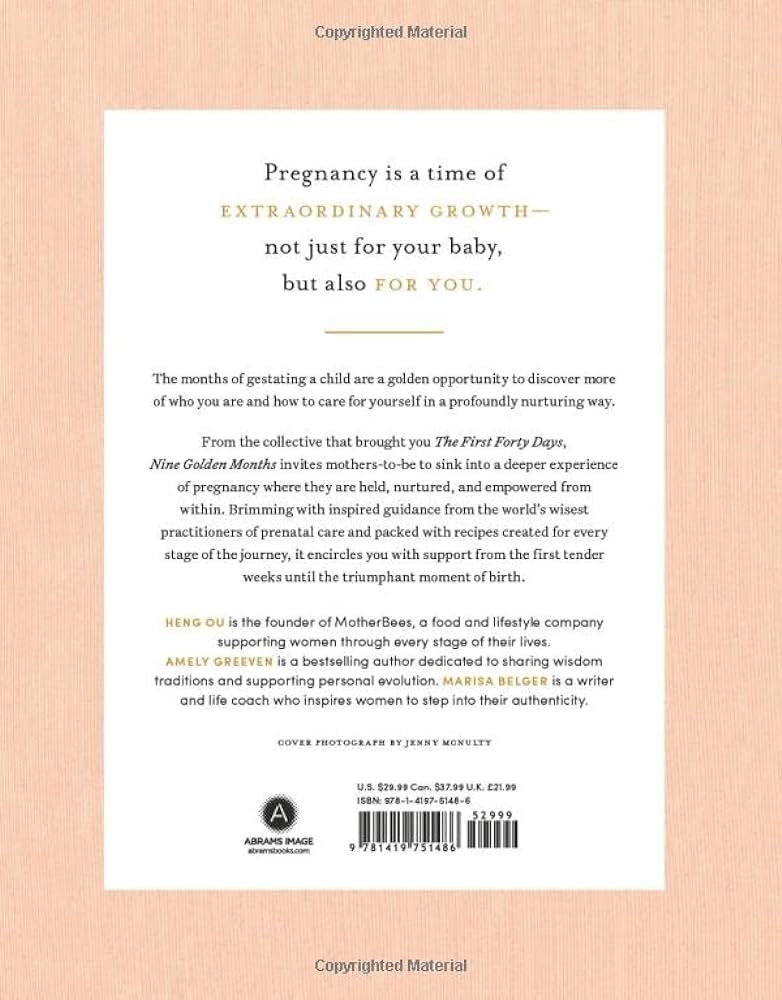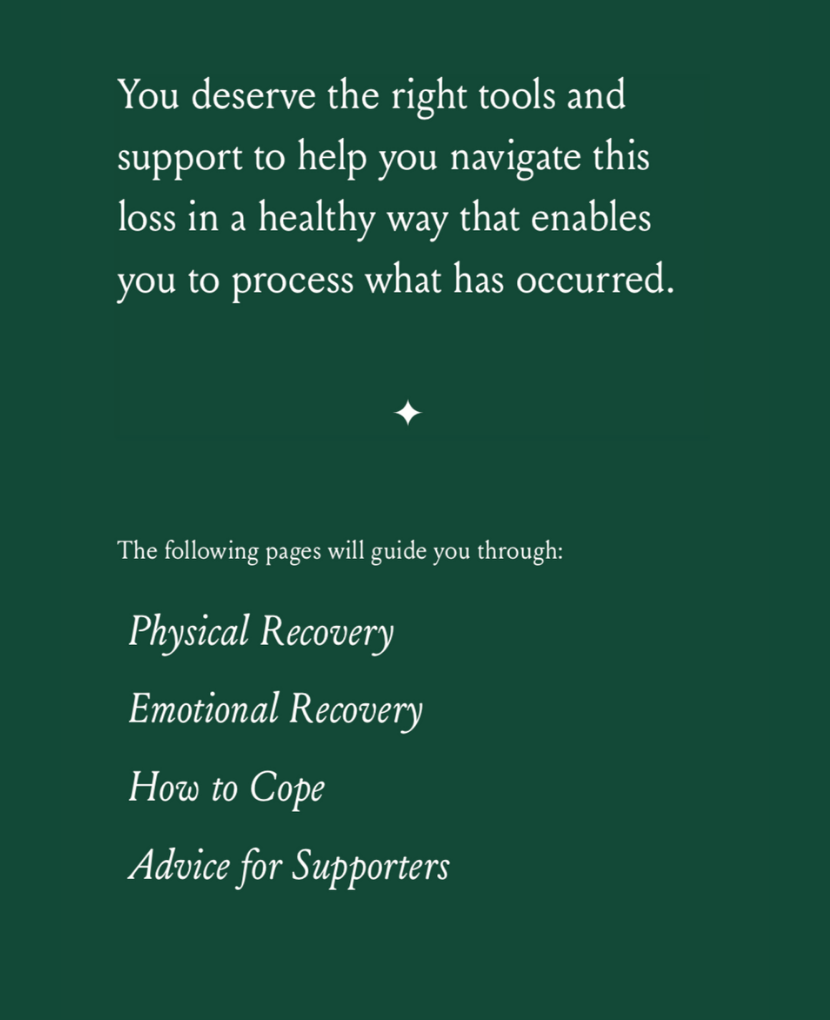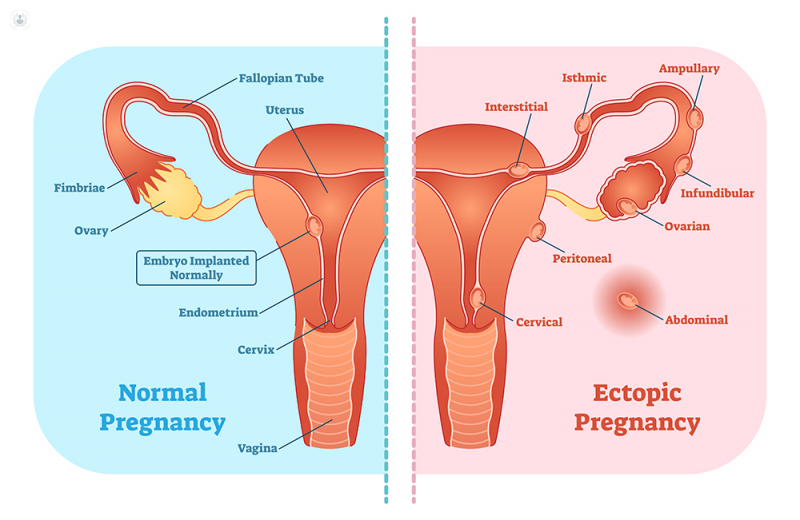To reduce the risk of miscarriage, maintain a healthy lifestyle and consult with your healthcare provider. Regular prenatal care is crucial for expecting mothers.
Pregnant individuals seeking to prevent miscarriage must prioritize their health and well-being. Initiating and maintaining a balanced diet, staying hydrated, and avoiding harmful substances like tobacco and alcohol are fundamental steps. Engaging in moderate exercise, as recommended by a healthcare professional, supports overall fitness and can contribute to a healthier pregnancy.
Managing stress through relaxation techniques or counseling services also plays a significant role in promoting maternal health. It’s essential to attend all prenatal appointments, enabling early detection and management of any potential issues. Trusting in medical advice and following tailored recommendations from a healthcare provider can significantly buttress the chances of a successful, full-term pregnancy.
The Emotional Impact Of Miscarriage
The Emotional Impact of Miscarriage can ripple through your life with profound sadness.
Navigating Grief And Loss
When a pregnancy ends in miscarriage, the emotional toll is often heavy. Feelings of sadness, anger, and confusion may surface.
- Allow yourself time to grieve in your own way.
- Speak openly about your feelings with trusted loved ones.
- Connect with support groups for shared healing.
- Consider professional counseling for expert guidance.
Understanding The Mourning Process
Mourning after a miscarriage is a personal journey.
| Stage | Emotions Experienced |
|---|---|
| Shock & Denial | Numbness, disbelief |
| Pain & Guilt | Sorrow, regret |
| Anger | Frustration, helplessness |
| Bargaining | Striving for answers |
| Depression | Quiet sadness, withdrawal |
| Acceptance | Embracing the reality |
Grieving is not linear and can have unpredictable patterns.
Remember: It’s okay to ask for help as you navigate your unique journey through grief.
Physical Recovery After A Miscarriage
Experiencing a miscarriage is a profound and emotional event. Physical healing is as crucial as emotional support. This phase demands gentleness and patience with your body. Here’s a guide to help you through this delicate time.
Caring for Your Body
Caring For Your Body
Rest and nourishment are the cornerstones of recovery. This period is for your body to heal.
- Rest ample to allow your body to recover.
- Stay hydrated and eat balanced meals.
- Use over-the-counter pain relief if advised by a doctor.
- Avoid intense exercise; opt for gentle walks.
Some women may experience bleeding or cramping post-miscarriage. It is the body’s way of adjusting. Remember, heavy lifting is off-limits until you’re fully healed.
When to Seek Medical Attention
When To Seek Medical Attention
Urgent care may be necessary if you notice:
| Signs | Action |
|---|---|
| Heavy bleeding | Call a doctor right away. |
| Fever | Seek immediate help. |
| Severe pain | Discuss with a doctor. |
| Persistent symptoms | Consult healthcare provider. |
If the discomfort doesn’t fade or intensifies, this can be cause for concern. Regular check-ins with your healthcare professional ensure a safe and healthy recovery.
Communication And Support Networks
Experiencing a miscarriage is a profound and personal event. Supportive friends, family, and community groups can make a significant difference in coping with loss. Open communication serves as a bridge to healing. Let’s explore how talking about your miscarriage and connecting with others can create a network of support during this difficult time.
Talking About Your Miscarriage
Sharing the story of your miscarriage may feel daunting. Yet, speaking out often brings comfort and understanding. It’s crucial to express your feelings. Boldly reach out to someone you trust.
- Choose a Comfortable Setting: Find a private, quiet place for the conversation.
- Be Honest: Share your emotions openly. It’s okay to show vulnerability.
- Take Your Time: Talk at your own pace. You don’t have to share everything at once.
Remember, it’s normal to seek solitude at times. However, regular conversations can ease the burden of grief.
Finding Solace In Community
Outside your inner circle, local and online support groups can be invaluable. These communities unite individuals with shared experiences. Finding a group where members understand your pain can be a turning point in your healing journey.
- Attend Local Meetups: Local hospitals or clinics often host support groups.
- Join Online Forums: Digital platforms offer access to global support, day or night.
- Participate in Events: Memorial walks and recognition ceremonies can offer solace.
Through these groups, discover an empowering space to share your story. Receive support and offer it in return to others on a similar path.
Remember, each person’s journey through miscarriage is unique. Lean on your communication skills and network. They are your allies in nurturing resilience.

Credit: www.palabranahj.org
Pregnancy After Miscarriage
Embarking on a new pregnancy after a miscarriage brings a mix of emotions. Hope and joy often dance with fear and anxiety. This journey is unique with its set of challenges, and preparation is key. A focus on mind and body helps manage both health and emotions.
Managing Anxiety In Subsequent Pregnancies
It’s normal to feel nervous about pregnancy after loss. Being gentle with yourself and recognizing your feelings is the first step.
- Talk to a supportive friend, partner, or therapist.
- Practice self-care routines like yoga or meditation.
- Join a support group specifically for pregnancy after loss.
- Set up regular check-ins with your healthcare provider for reassurance.
Simple routines can transform worry into well-being. Deep breathing exercises or a peaceful walk can ease anxiety. Keep a journal to express thoughts and reflect on progress.
Preconception Planning And Health Optimization
Getting your body ready for pregnancy sets the stage for a healthy journey.
- Consult with your doctor to address any health concerns.
- Eat a balanced diet rich in vitamins and minerals.
- Begin taking prenatal vitamins with folic acid before conception.
- Reach a healthy weight with exercise and good nutrition.
- Limit caffeine and avoid harmful substances like alcohol and tobacco.
Planning and preparation can uplift your confidence. Trust in your body’s ability to nurture new life.
Professional Help And Resources
Coping with a miscarriage can be a traumatic experience. Getting professional help is instrumental for recovery. Below are some ways to find support and resources during this difficult time.
When To Consider Counseling
Seeking counseling is a positive step after a loss. Consider it if you experience:
- Persistent sadness or depression
- Difficulty with your usual routine
- Strains in your relationships due to the miscarriage
- Feelings of guilt or self-blame
- Intense grief that does not ease over time
A counselor can provide a safe, confidential space to navigate these emotions.
Useful Books, Groups, And Online Resources
Several tools can aid your healing journey. Here are some effective ones:
- Books: Find literature on coping with loss. Authors often share personal stories and expert insights.
- Support Groups: Connect with others who understand your pain. Hospitals or community centers often host these groups.
- Online Forums: Online communities offer 24/7 support. Websites like Miscarriage Association have forums and resources.
Don’t face miscarriage alone. Seek counseling, informative books, support groups, and digital platforms to help through this time.

Credit: www.amazon.com
Self-care And Wellness Practices
Nurturing yourself is essential if you’re facing the journey of pregnancy after a miscarriage. While there are no guarantees in any pregnancy, embracing self-care and wellness practices can offer immense support for your physical and emotional health. Let’s dive into ways to take care of your well-being during this sensitive time.
Mindfulness And Relaxation Techniques
Mindfulness can help you stay centered and reduce stress. Here are some approaches:
- Deep breathing exercises: These can calm your mind.
- Guided imagery: Visualize peaceful scenes to relax your body.
- Progressive muscle relaxation: Tense, then relax each muscle group.
Try allocating a few minutes each day for such practices. They can create a sense of peace.
Maintaining Physical Health And Diet
Physical health and a balanced diet are pillars of pregnancy care. Consider these points:
| Aspect | Recommendations |
|---|---|
| Exercise | Gentle activities like walking or prenatal yoga can be beneficial. |
| Nutrition | Eat a variety of fruits, vegetables, whole grains, and lean proteins. |
| Hydration | Drink plenty of water throughout the day. |
| Prenatal Vitamins | Consult your doctor about suitable supplements for your needs. |
Regular check-ups with your healthcare provider ensure you and your baby stay healthy.

Credit: m.facebook.com
Frequently Asked Questions Of Miscarriage Tips For Pregnant
Can Stress Cause A Miscarriage?
Stress alone is not typically the direct cause of miscarriage, though it can contribute to potential complications. Chronic stress may disrupt hormonal balances, affecting fertility and pregnancy. However, common daily stressors are not likely to trigger a miscarriage by themselves.
What Are Signs Of A Possible Miscarriage?
Common signs of a possible miscarriage include vaginal bleeding, cramping and pain in the lower abdomen, fluid or tissue passing from the vagina, and reduced signs of pregnancy, such as breast tenderness or nausea. Contacting a healthcare provider immediately is crucial if these symptoms appear.
How Can I Reduce My Miscarriage Risk?
To reduce miscarriage risk, maintain a healthy lifestyle before and during pregnancy. This includes taking prenatal vitamins, avoiding alcohol and smoking, limiting caffeine intake, and managing pre-existing medical conditions. Regular prenatal check-ups are important to monitor the pregnancy’s health and progression.
What Foods Should Be Avoided During Pregnancy?
Certain foods should be avoided during pregnancy to reduce miscarriage risk. These include unpasteurized dairy products, deli meats, raw or undercooked seafood, and high-mercury fish. Properly washing fruits and vegetables and ensuring all meat is thoroughly cooked is also crucial.
Conclusion
Navigating the journey of pregnancy after a miscarriage can be challenging. Embrace your emotions and seek support when needed. Remember, prioritizing self-care and following medical advice are crucial steps. Keep hope alive, and honor your body’s resilience. For more nurturing insights, revisit our resourceful posts.
Stay strong and connected.

